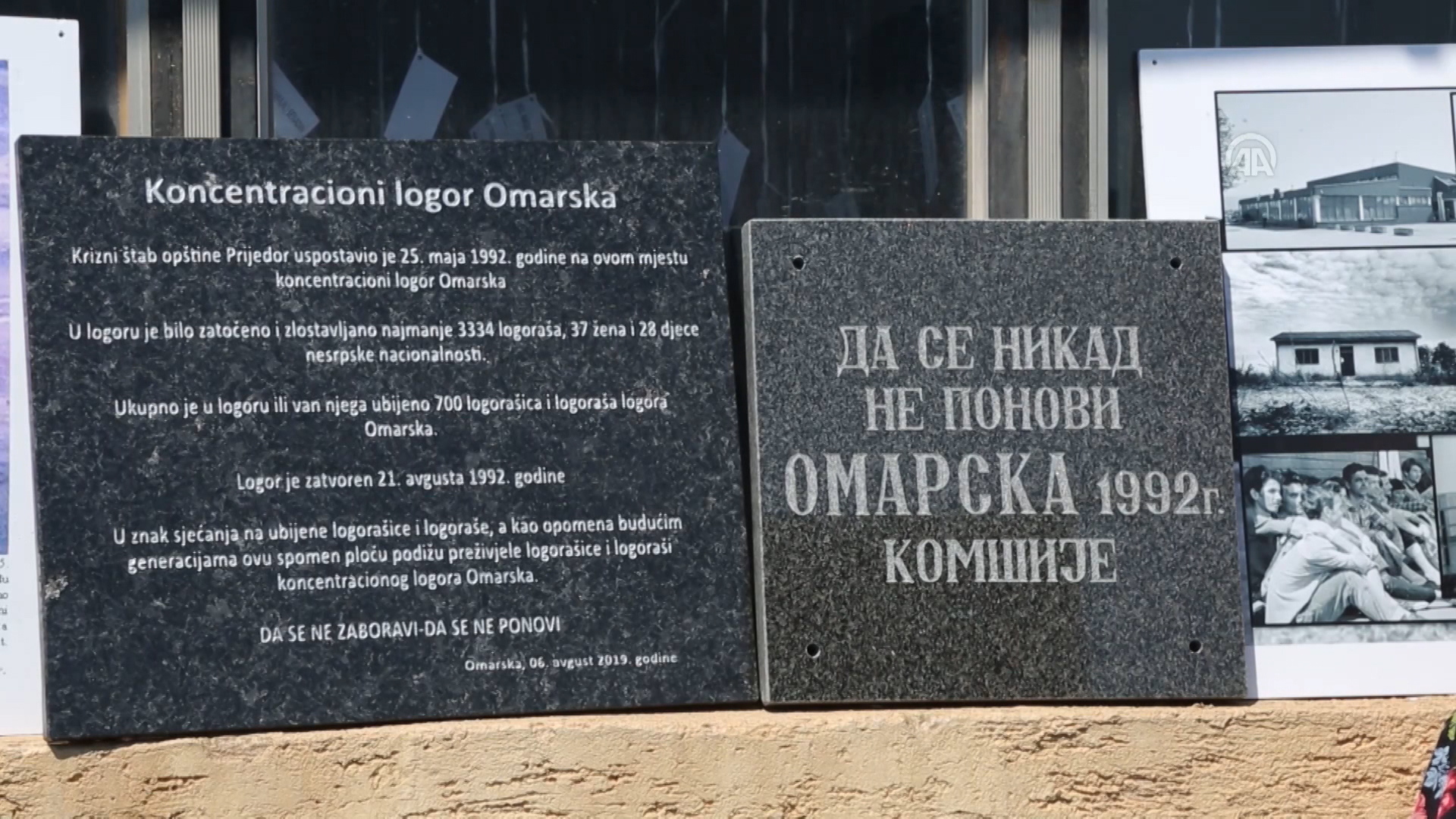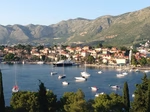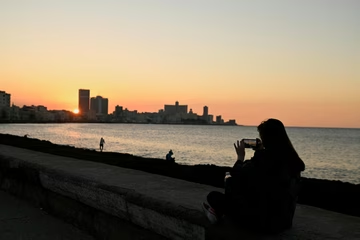
Locals in the northwestern town of Prijedor gathered on Tuesday to mark 27 years since the closing of one of the most notorious wartime prison camps in Bosnia and Herzegovina, Omarska.
On May 31, 1992, the Bosnian Serb local government in Prijedor ordered all non-Serbs to mark their houses with white sheets and to wear white ribbons on their arms.
It was also the day the Omarska prison camp was established, where 3,300 of those people would end up.
About 50,000 people were exiled from Prijedor, while about 30,000 non-Serb men, women and children ended up in prison camps such as Keraterm, Trnopolje, Omarska and another 54 similar places.
Nijaz Mujkanovic spent nearly three months in Omarska during the summer of 1992. He said he remembers the first time he was brought to the concentration camp and the way there, as he was forced to sing anti-Muslim songs in the bus.
“I remember it still today and it hurts although a lot of years have passed,” he said, explaining that he was later transported from Omarska to another prison camp, Manajaca, and spent a total of 197 days in prison camps.
Senad Husic said that, in 1992, he never thought he would leave Omarska alive.
“Before Manjaca was closed down, as was agreed, 532 people were ‘stolen’ from the international Red Cross, and they were transported under the justification that they will be exchanged (for other war prisoners). However, they were sent to the Barkovic prison camp, where they stayed for another 10 months,” he said.
According to most Bosniak political representatives in Prijedor, a genocide took place in the town during the war.
“Unfortunately, today we have a government in this town and this entity which denies court rulings, which glorifies war criminals and which, I would say, carries out discrimination and continues the final phase of the genocide and that needs to stop,” said the Bosniak Vice President of Republika Srpska, Ramiz Salkic.
“The local government in this town needs to distance itself from the convicted war criminals and fro all that happened,” he added.
Although it was previously not allowed by local authorities, a plaque commemorating those who did not survive the prison camps was put up in the town.
Next to it is another plaque, put up by Serbs from Prijedor who now live in Belgrade. It says, ‘For Omarska to never happen again’, and it is signed by ‘neighbours’.
The event on Tuesday also featured an art gallery by Anita Zecic which shows the consequences of the 73 mass graves in the Prijedor area.
“(There are) 120 jars, 99 jars are filled with earth from the mass graves. The name of the mass grave, when it was found and how many bodies was found in it is written on each jar,” she said.
Some 700 non-Serbs were killed in Omarska that year, while 6,000 were imprisoned there, including 37 women and 28 minors.
Kakvo je tvoje mišljenje o ovome?
Učestvuj u diskusiji ili pročitaj komentare





 Srbija
Srbija
 Hrvatska
Hrvatska
 Slovenija
Slovenija


























































